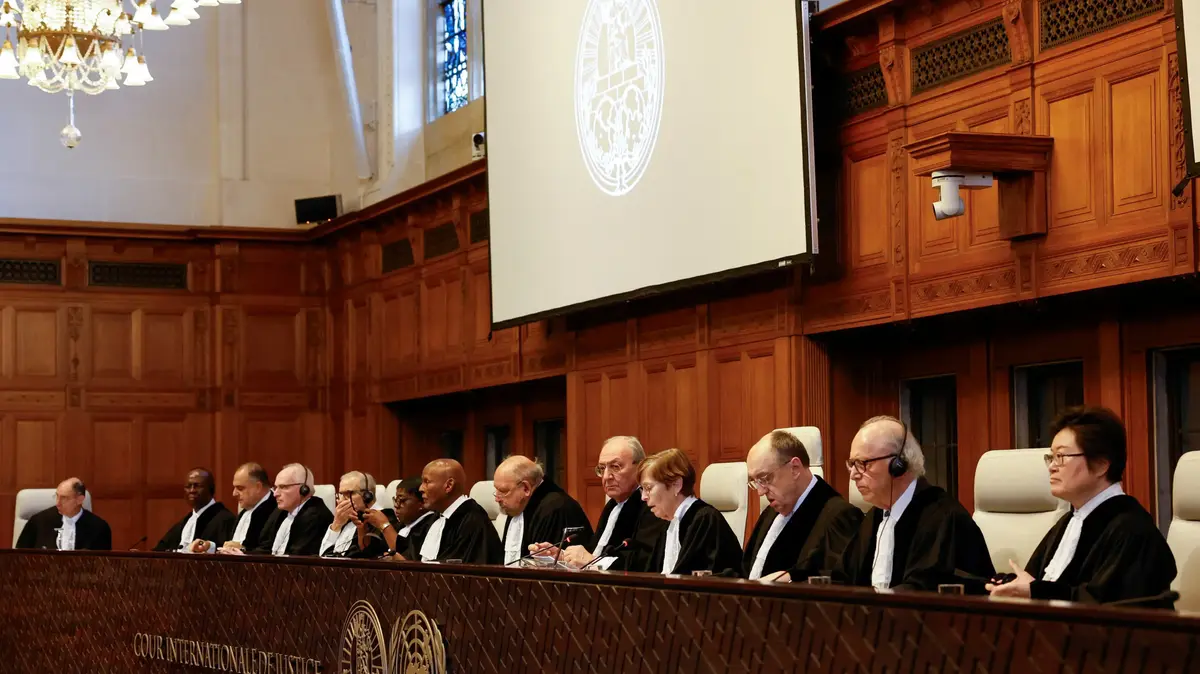A joint study from Moovit and MaaS shows that the average Israeli spends more than two hours traveling. • Deputy VP of Development: "The Important Parameter - Frequency"
Passengers waiting at bus stop // Archive photo: Yehoshua Yosef
Public transportation in Israel in a bad place: Israelis spend almost two hours a day on public transport - on average 51 minutes each way. Out of 25 countries, Israel ranks 15th in this index, Spain's first (30 minutes), France's second (37 minutes) and Germany's third (39 minutes). Israelis spend an average of 17 days a year on public transport, of which about five are waiting at stations.
This data is revealed today in a study by Moovit, the world's leading provider of MaaS - Mobility As A Service solutions and the leading public transport information and navigation app that operates in more than 3,000 cities in 96 countries with over 680 million users.
The comprehensive study conducted in 99 cities in 25 countries, including Israel, was carried out by analyzing tens of millions of travel plans carried out by app users during 2019. The study examined 25 countries in which: Germany, France, Hungary, Spain, Uruguay, Italy, Argentina, United Kingdom, Portugal, Singapore, Ecuador, Greece, Canada, USA, Malaysia, Colombia, Costa Rica, Turkey, Brazil, Thailand, Peru, UAE, Chile and Israel.
The data shows that Israelis wait an average of 14 minutes at one-way stations (17 out of 25 countries). In Thailand the longest waiting time (20 minutes) and Singapore the shortest waiting time (8.44 minutes).
21% of Israelis spend an hour or two traveling on public transport on a single trip, with 6% spending more than two hours. 33% of Israelis spend up to 30 minutes on public transport. As mentioned, this figure includes walking time to and from the station and waiting for the means of transport, in one direction.
The average waiting time at stations in Israel is 14 minutes one way. Israel occupies 17th place, with Singapore in first place with the shortest waiting time (8.44 minutes). France waits 10 minutes, Germany 11 minutes, and 13 minutes in the US. Thailand is ranked last with 20 minutes.
It turns out that only about 10% of Israelis traveling in public transport wait less than 5 minutes at stations in one direction. In this index, Israel ranks 23rd out of the 25 countries surveyed. In contrast, almost one in five Israelis (19.55%) wait for public transport an average of 20 minutes or more every day, during one direction of travel.
36% of Israelis do not exchange transport / lines at all during their trip, ranking 10th in the global survey in this index. Argentina is ranked first, with 60% of passengers not exchanging means of transport during an average trip. Indonesia is ranked last, with only 19% replacing no means of transport during an average trip.
When asked what would encourage Israelis to use public transport more frequently, 16% said that more frequent transport and shortening of waiting times at stations, 13% said they would encourage shorter travel time, 12% said that accuracy and reliability in times according to the published schedule, 10% Responding to adding direct lines to the destination and fewer replacements, 7% responded that stations closer to home / workplaces would reduce walking time to and from the station.
What is the frequency of Israelis' use of tiny vehicles such as bicycles, electric bicycles, private and cooperative scooters? 12% of Israelis use these vehicles daily, 7% to 3 times a week, 10% rarely reply, while 64% say they never use.
Fifty-two percent of Israelis indicated that they were traveling by shared mobility directly to their destination, while 33% said they were used for integration with public transport up to the bus station or the workstation. While 30% of Israelis stated that they do not use the collaborative means because they are considered insecure enough.
Moovit's Growth and Marketing VP Yovad Meidad said, "No urban app or service has as much, accurate and up-to-date data on public and collaborative transport as it does to Moovit. This is why the report is so important and valuable. The data presented there can be a useful tool for cities and public transport operators looking for an accurate picture of the transport infrastructure and daily commuting habits of residents in various cities around the world.
The most important parameter for public transport passengers is the high frequency of service lines and, as a result, waiting as short as possible at the stations. Improving the above parameter will make more and more people use regular and wider public transport. "









